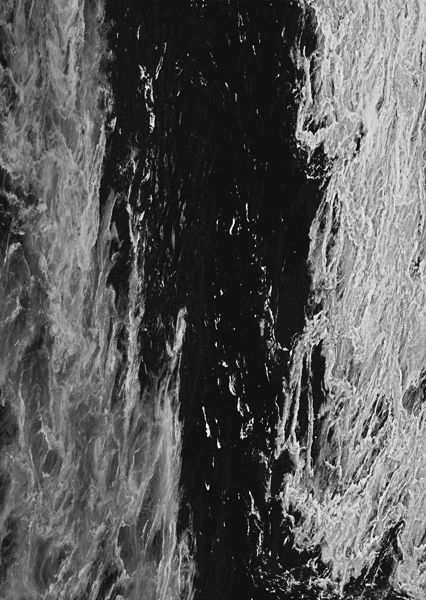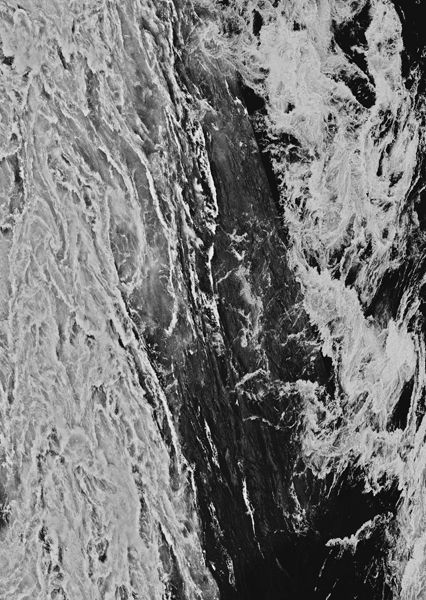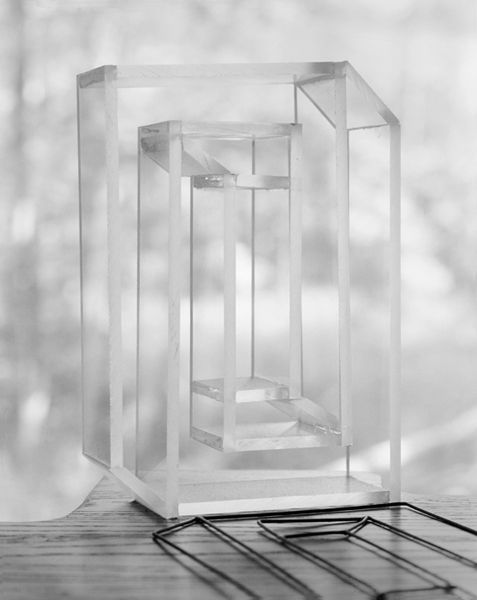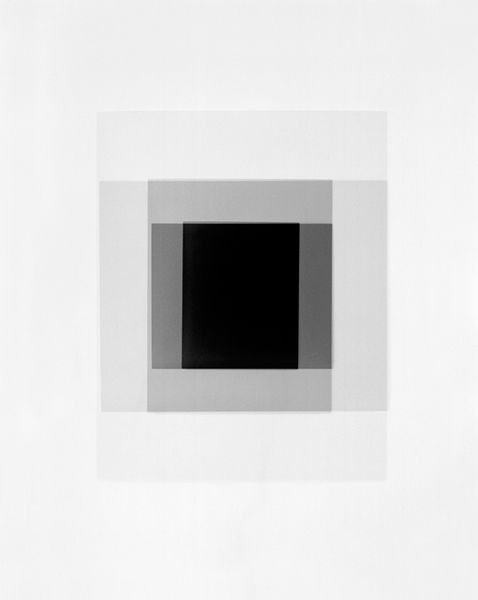John Opera
Wednesday, 1 September 2010
Work from his oeuvre.
“Working simultaneously with the culturally historicized trope of landscape photography and the conceptual, experimental photograph, John Opera is concerned with the way the natural, exterior world and the abstract, interior world converge. Opera creates heavily charged landscapes that directly address presence and absence, being and non-being, in the choices of his details. In Forest, the brush has been flattened, disrupting the plane and uncovering an otherwise hidden interiority. In Meadow, one bare tree rises from the tranquil space as a sculptural presence. His landscape photographs are documentations, not constructions, as is demonstrated by the title piece Zoar, where an image of a lone male figure pensively sits at his campfire near the bank of a quiet stream. The image is captured from a far, caught with the subject unaware. The location, Zoar Valley in western New York, is also critical to the implications of the photograph. In biblical history, Zoar is one of 5 cities, along with Sodom and Gomorrah that was to be destroyed by God but was ultimately spared. In Hebrew, Zoar means ‘small’ or ‘insignificant.’ The implications of the photograph’s space intersect with this solitary figure to create a singular, unabashedly contemporary mythic moment.
Opera has paralleled his continued exploration of landscape with an investigation into abstraction through experiments with light and color. His abstractions are an extension of the landscape, more directly revealing his symbolistic relationship to the visual and physical world around him. They have a lexical connection to his ‘outer’ works and provide a way of reading what and how he is seeing. Darker Diamond, created by multiple exposures to the same terrestrial color field, is part of a series of minimal painterly abstractions that the artist has created over the last year. At once geometric and clean, the overall effect is still painterly, with the layers of trace color, creating a photographic sfumato effect. The result feels eerily created by a brush. Where his romanticized landscapes draw from the history of photography, the abstractions quote from 20th century painting to reveal the camera’s ability to capture something simultaneously resonating outside the natural world and yet ordered by its rules.” – via Andrew Rafacz Gallery.



